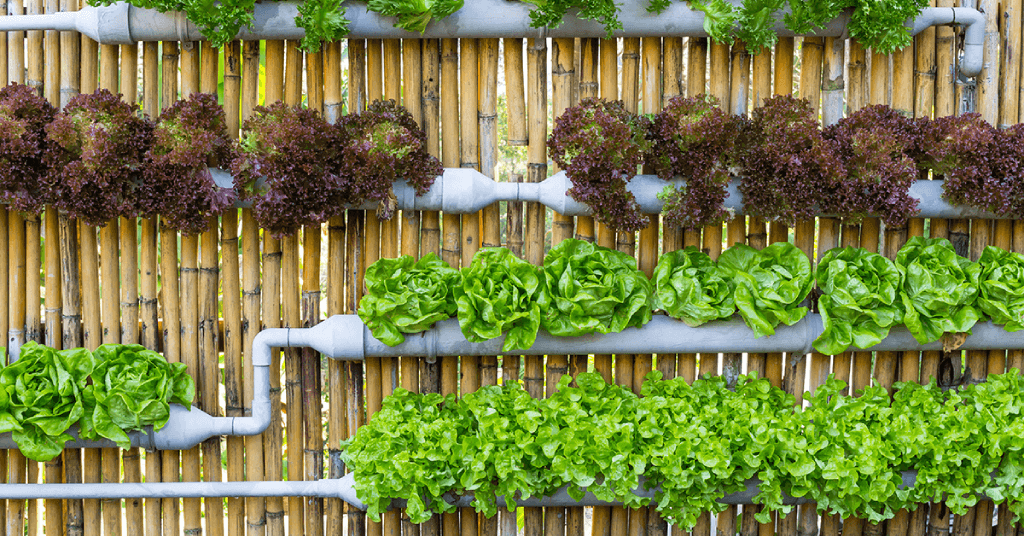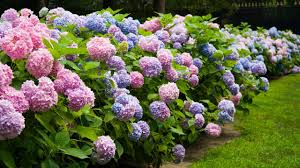Sustainable gardening is a practice that focuses on minimizing environmental impact while maximizing the health and productivity of your garden. By adopting sustainable practices, you can create a beautiful, eco-friendly, and resource-efficient outdoor space.
Key Principles of Sustainable Gardening
- Water Conservation:
- Use water-efficient irrigation methods like drip irrigation or soaker hoses.
- Collect rainwater in barrels for watering plants.
- Group plants with similar water needs together.
- Mulch to retain soil moisture and reduce evaporation.
- Soil Health:
- Improve soil health by adding organic matter like compost or manure.
- Avoid using chemical fertilizers and pesticides.
- Practice crop rotation to maintain soil fertility.
- Native Plant Selection:
- Choose native plants that are adapted to your local climate.
- Native plants require less water and maintenance.
- Wildlife Habitat:
- Create a wildlife-friendly garden by planting nectar-rich flowers and providing nesting sites for birds.
- Avoid using pesticides that harm beneficial insects.
- Reduce Waste:
- Compost kitchen scraps and yard waste to create nutrient-rich soil.
- Reuse and recycle gardening materials.
Sustainable Gardening Techniques
- Companion Planting: Plant complementary plants together to deter pests, attract pollinators, and improve soil health.
- Cover Cropping: Plant cover crops to protect the soil from erosion, add organic matter, and suppress weeds.
- Permaculture: Design your garden to mimic natural ecosystems, focusing on energy efficiency and self-sufficiency.
- Rainwater Harvesting: Collect rainwater and use it to water your plants.
By incorporating sustainable practices into your gardening routine, you can create a beautiful and environmentally friendly outdoor space. Remember, every small step you take towards sustainability contributes to a healthier planet for future generations.



